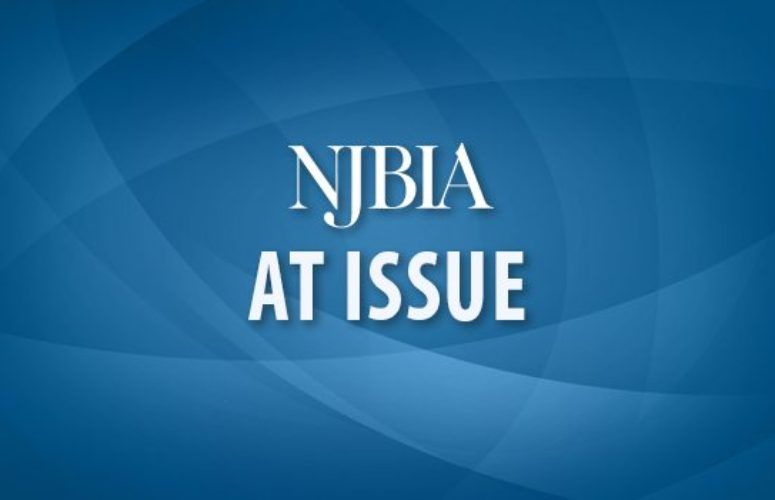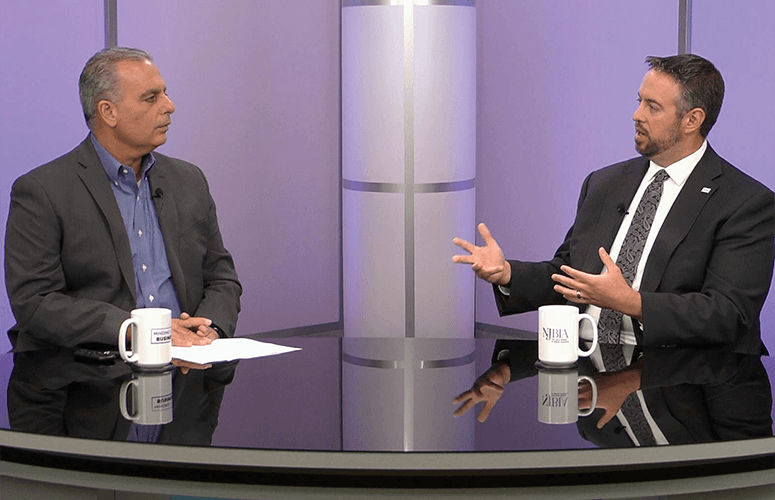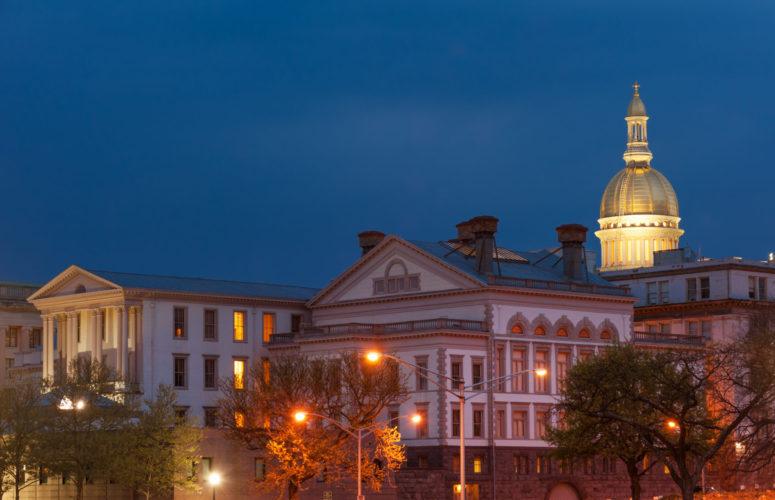
Fresh Ideas for Clean Air
At Issue
By Sara Bluhm, NJBIA Vice President, Environment & Energy On Oct 30, 2017
Sara Bluhm, Vice President of Environment and Energy Affairs
What if business leaders, labor and members of the public could communicate directly with the Commissioner of the NJ Department of Environmental Protection (DEP)? They would bring fresh ideas about how the state can use new technology and policies that will protect the environment while allowing businesses and the economy to grow.
You may be surprised to know that since 1954, the Clean Air Council has been doing just that. I’ve been a member of the council for years, and this summer, I was elected to be its chair.
Most New Jerseyans have never heard of the Clean Air Council. After all, it serves an advisory role, so it does not implement policy or enforce regulations. Its most visible action is an annual public hearing required by law. The council is more active behind the scenes, however, investigating air pollution issues, what can be done to improve air quality, and how to do it more efficiently.
The council is made up of representatives of business, engineers, labor, local governments and the general public. The council reports directly to the DEP commissioner, but it’s up to him or her to act on the recommendations. The current commissioner, Bob Martin, has been open to new ideas and has spent much of his tenure changing the way DEP does things.
But Martin will likely not be the commissioner next year. A new governor will be elected this fall, and a new administration usually means new leadership at all of the departments. The Clean Air Council will be able to provide an important point of view for a new commissioner because it is one of the few DEP entities made up of people from outside the department itself.
A perfect example of how the council works can be seen in this year’s report on air quality monitoring. Devices to measure ozone, particulates and pollen traditionally cost more than $100,000 per monitoring location. The Clean Air Council found that new equipment and technologies could make air quality monitoring dramatically less expensive. The new devices cost from $100 to $2,000 each, and may be easier to use and more accurate than existing technology.
The equipment is not ready for use in the field just yet, but it is getting a lot of attention, so the council’s recommendations focused on developing policies that will put New Jersey in a position to use them when they are ready. That means acknowledging that air quality sensor technology is changing rapidly, recognizing the growing number of projects underway around the country that are leveraging these new technologies, and identifying areas of air quality concern in New Jersey that might benefit from low cost air quality sensors.
A couple of years ago, the council showed how air pollution from out of state was impacting our air quality, not only affecting the health of residents, but also creating compliance problems with federal clean air regulations. Basically, New Jersey was bearing the consequences of pollution generated elsewhere. The report urged taking a regional approach to ozone pollution in particular and urged the federal Environmental Protection Agency to hold neighboring states accountable.
Businesses have a vested interest in clean air, if for no other reason than the DEP approves more than 2,400 air permits a year. The Clean Air Council is a way for businesses to get their ideas directly to those who enforce the laws in a way that can be good for the environment without increasing the cost of doing business. From NJBIA’s point of view, anything that can hold down the cost of compliance will only help the business climate.
Related Articles:






